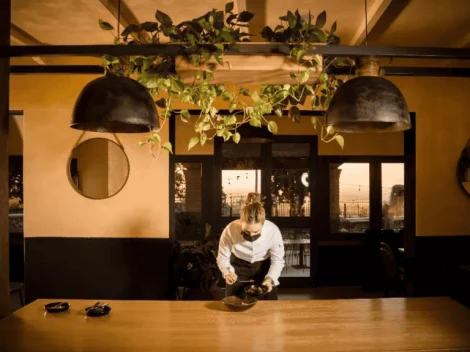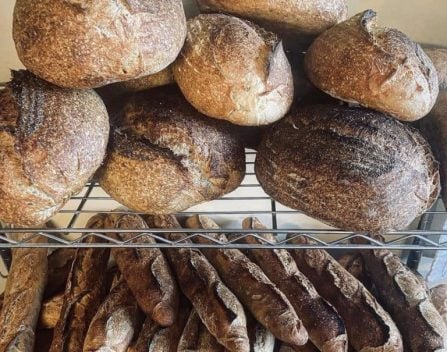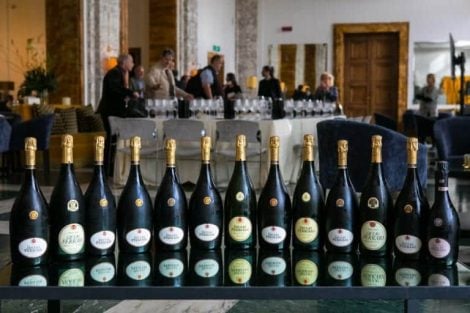From a sparkling wine produced in a limited number of bottles to a champagne on the verge of extinction. According to Charles-Armand de Belenet, General Manager of Bollinger told Drinks Business, the cuvée Vieilles Vignes Françaises might disappear from the Maison's production. The reason is the advance of phylloxera in the vineyards where this particular label was born.
Vieilles Vignes Françaises
First produced in 1969, it has become one of the flagships of the company. A Champagne made only from Pinot Noir, the grapes that give life to the cuvée come from two vineyards grafted on free-range, the Clos St-Jacques and Clos des Chaudes Terres. An anomaly in terms of the 340,000 hectares of Champagne vineyards grafted on American foot. Yet it is precisely this peculiarity that is the weak point that could lead to the disappearance of the exclusive label.
“I don't know if we will be able to taste the Vieilles Vignes Françaises in a few years,” Charles Armand de Belenet told Drinks Business, pointing out that the vines are slowly dying from the aphid. Already the consequences can be seen in a steep drop in the number of bottles produced. In this year's harvest, one of the most abundant recorded in Champagne, the plots of Vieilles Vignes Françaises produced no more than 1,000 bottles. 1100 fewer bottles than in the 2012 vintage.
Climate change and phylloxera
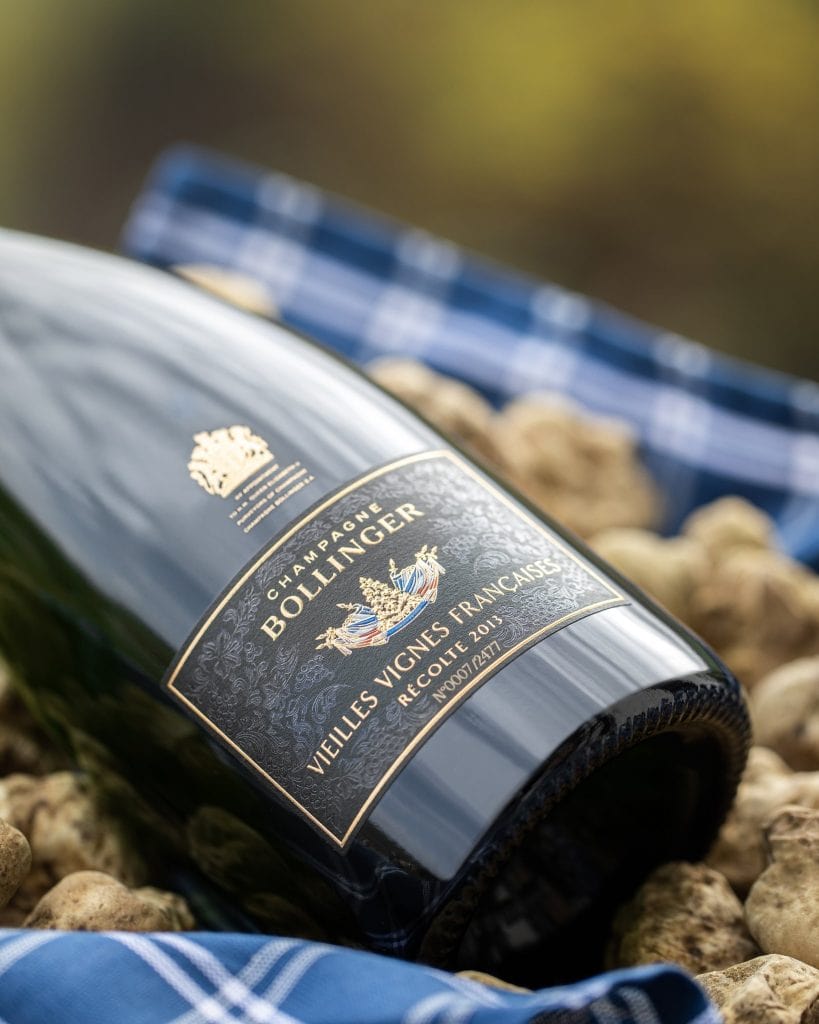
Although Bollinger is doing everything it can to protect these two plots, no one seems to know exactly how these free-standing vines managed to resist the spread of phylloxera in Champagne. "The phylloxera killed all the vines around the plots, but these survived," said de Belenet. As to why the aphid is now invading the vineyards, the Bollinger director put forward a theory: the reason would be climate change.
According to Charles-Armand, the cold winters of previous years had contained the problem by killing aphids and containing the total pest population, allowing the vines to survive. However, due to the rising temperatures, 'the phylloxera population is growing' . "The last check we had on the ungrafted vines was quite worrying; phylloxera has always been present, but it was very limited, and now it is increasing." A statement that casts a dark shadow over the possibility of creating the cuvée in the near future.
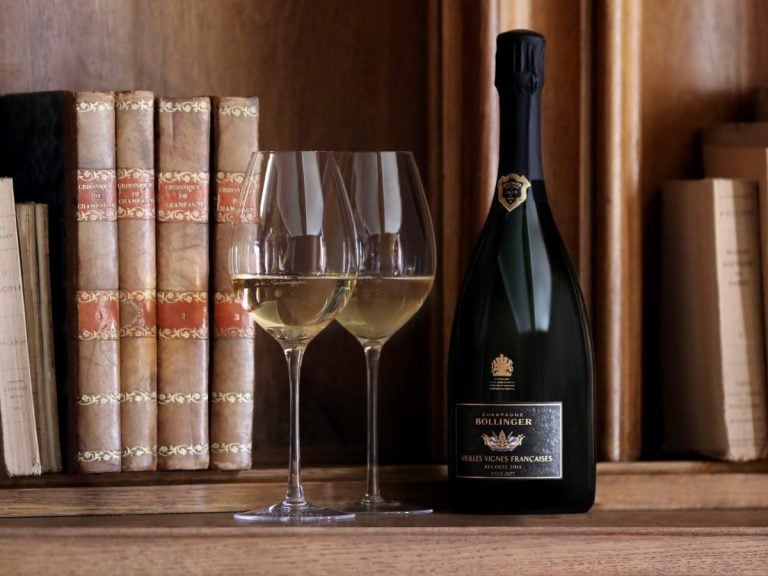
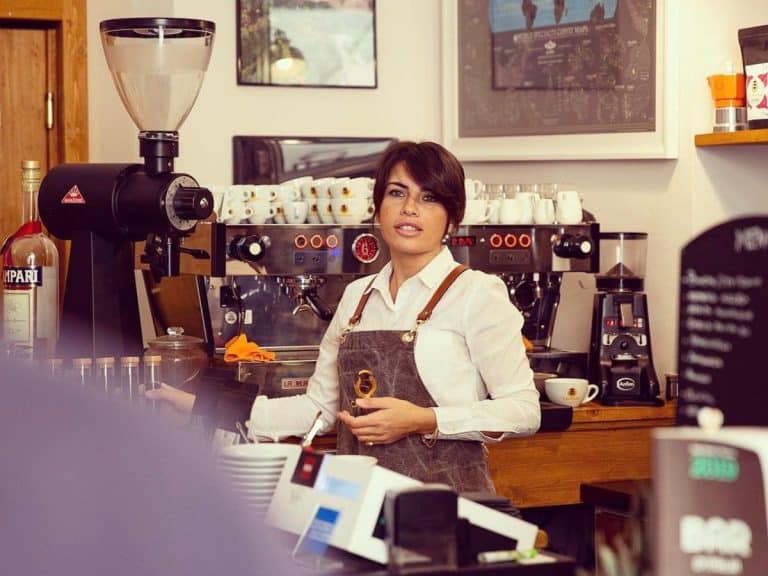 One of the finest coffee shops in Southern Italy closes: it had brought specialty coffee to Pompeii
One of the finest coffee shops in Southern Italy closes: it had brought specialty coffee to Pompeii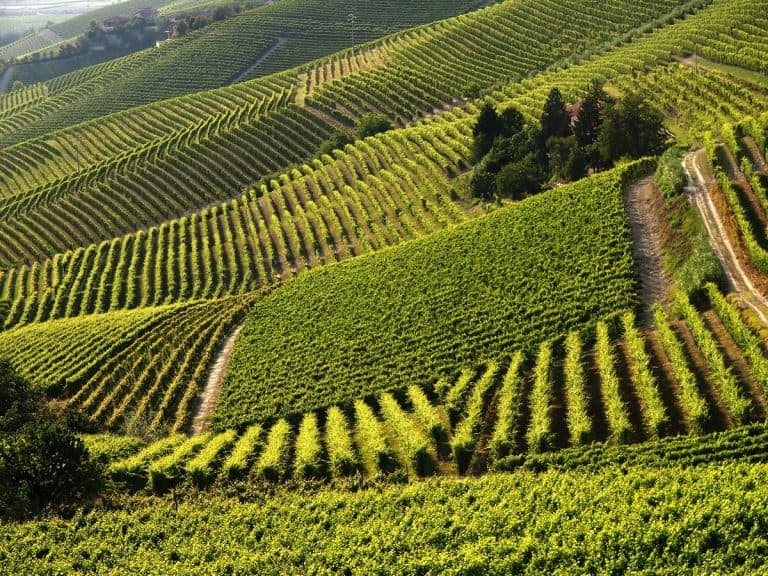 The Barbera d'Asti and Monferrato Wines Consortium: Guardian of UNESCO's oenological heritage
The Barbera d'Asti and Monferrato Wines Consortium: Guardian of UNESCO's oenological heritage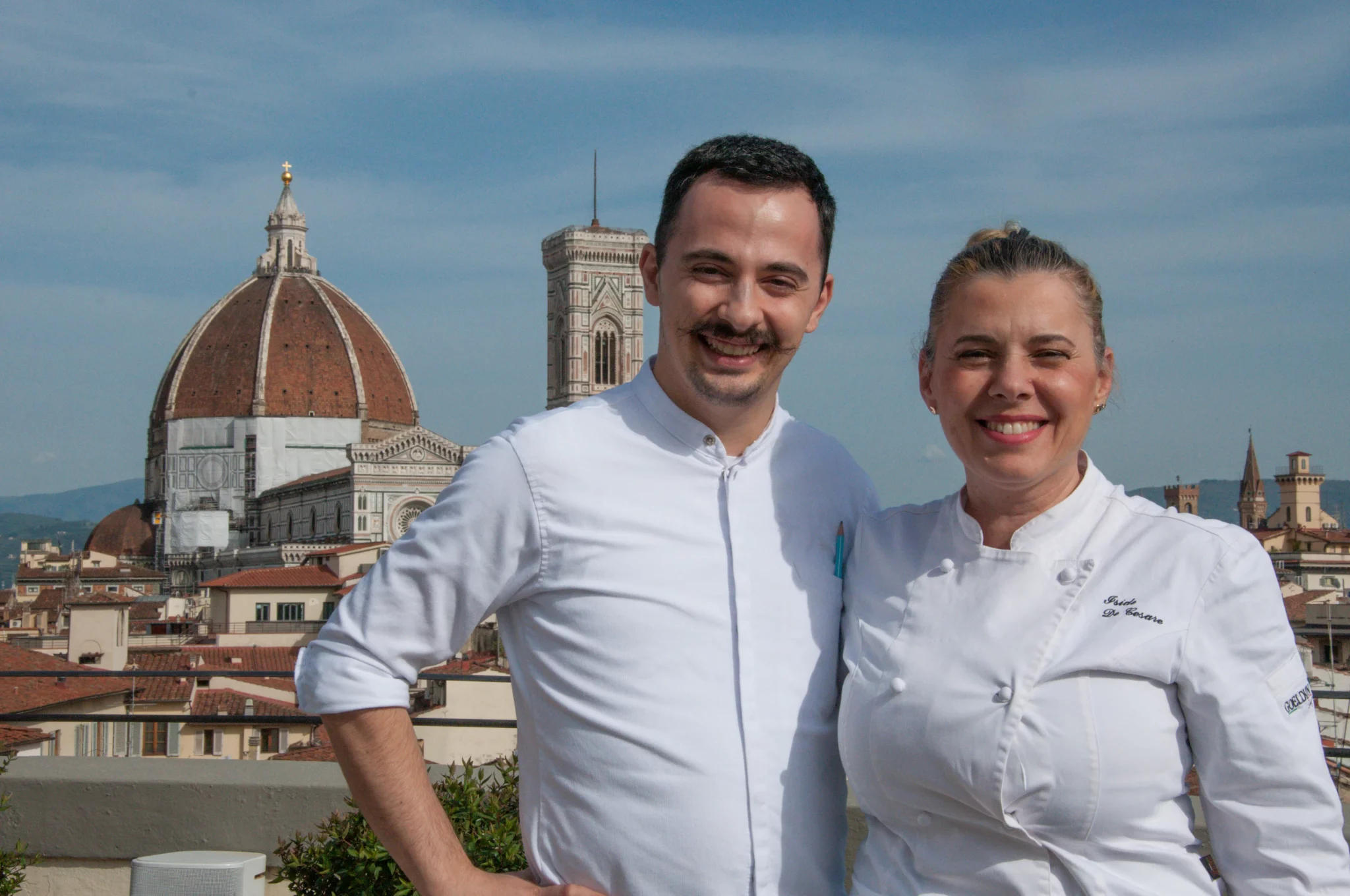 The chef who brought the Michelin star to a remote village in Tuscia opens a restaurant in the center of Florence
The chef who brought the Michelin star to a remote village in Tuscia opens a restaurant in the center of Florence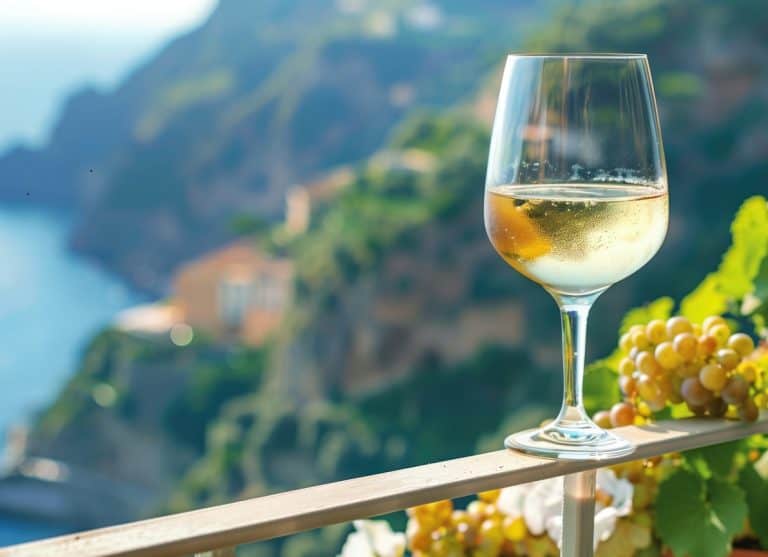 The 7 best Biancolella wines from Lazio and Campania chosen by Gambero Rosso
The 7 best Biancolella wines from Lazio and Campania chosen by Gambero Rosso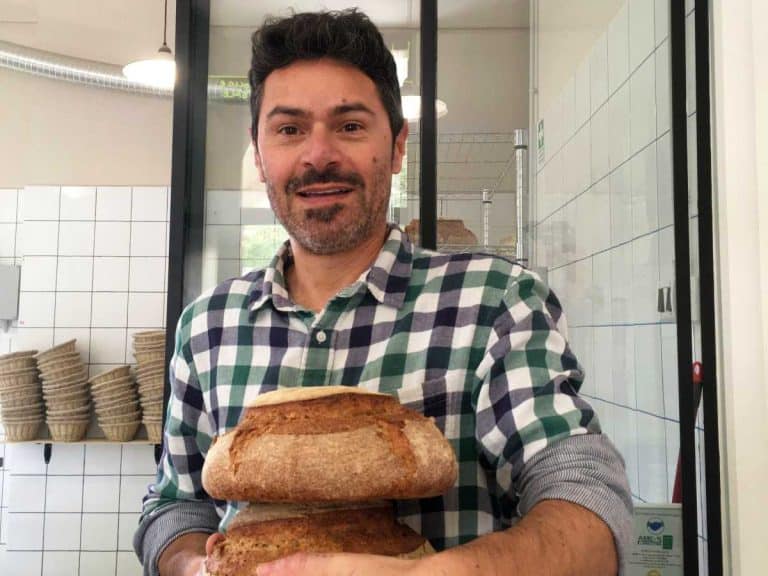 From California to the Camino de Santiago. The journey of the courageous baker who returned to open a bakery in a remote village
From California to the Camino de Santiago. The journey of the courageous baker who returned to open a bakery in a remote village
